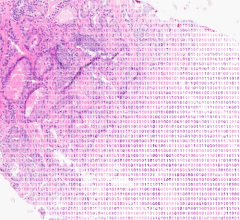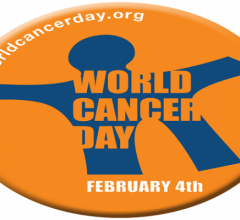September 20, 2007 - The American Cancer Society, the nation's largest voluntary health organization, announced a major nationwide initiative to call attention to the urgent need for quality, affordable health care for all Americans.
As part of the initiative, which is an unprecedented effort in the 94-year history of the organization, the Society will devote significant resources toward creating an aggressive public awareness campaign that highlights the barriers that average Americans, including the 47 million who do not have health insurance and the countless others who have inadequate insurance, confront when facing cancer.
Through the use of an emotional advertising campaign, which includes nationwide television, print and online components, the Society tells the stories of real people who faced cancer diagnoses and typify the all-too-real stories of millions of others. One ad features "Kathy" who had no insurance when she was diagnosed with breast cancer. Another ad tells the story of "Raina" who had insurance when she faced thyroid cancer but still faced financial debt that resulted in her medical bills being turned over to collection agencies.
Recent Society scientific research published in the peer-reviewed journal CANCER has shown that people who are uninsured, and people with certain types of public health insurance, are more likely to be diagnosed with more advanced cancer compared to those with private insurance, and, as a result, are at greater risk of death. These patients face much more difficult and far more expensive medical treatments, as well as a diminished quality of life - unnecessary realities had current advances in cancer prevention, detection and treatment options been more easily available.
The American Cancer Society has issued four principles that define meaningful health insurance and highlight major problems in the health care system that are impeding progress against cancer and other major diseases. The principles state that health insurance should be adequate, affordable, available and administratively simple. The American Cancer Society Cancer Action Network will apply the four principles to federal and state health insurance reform proposals to determine whether the proposals would improve health care for the uninsured and underinsured.
The society, through a joint effort with Georgetown University Health Policy Institute, has been tracking individual health insurance coverage concerns for cancer patients and analyzing trends and emerging issues since 2005. Through its Health Insurance Assistance Service, located within the Society's nationwide call center in Austin, Texas, clinically trained telephone specialists help cancer patients or their loved ones who call the Society's 24 hour toll-free information line to navigate the health insurance system and understand all available options to pay for care. As a non-profit organization with limited resources, the American Cancer Society is only able to currently provide the service in 28 states, and so far, can only successfully help one in every five callers resolve their health insurance problems.
For more information: www.cancer.org


 September 07, 2023
September 07, 2023 






